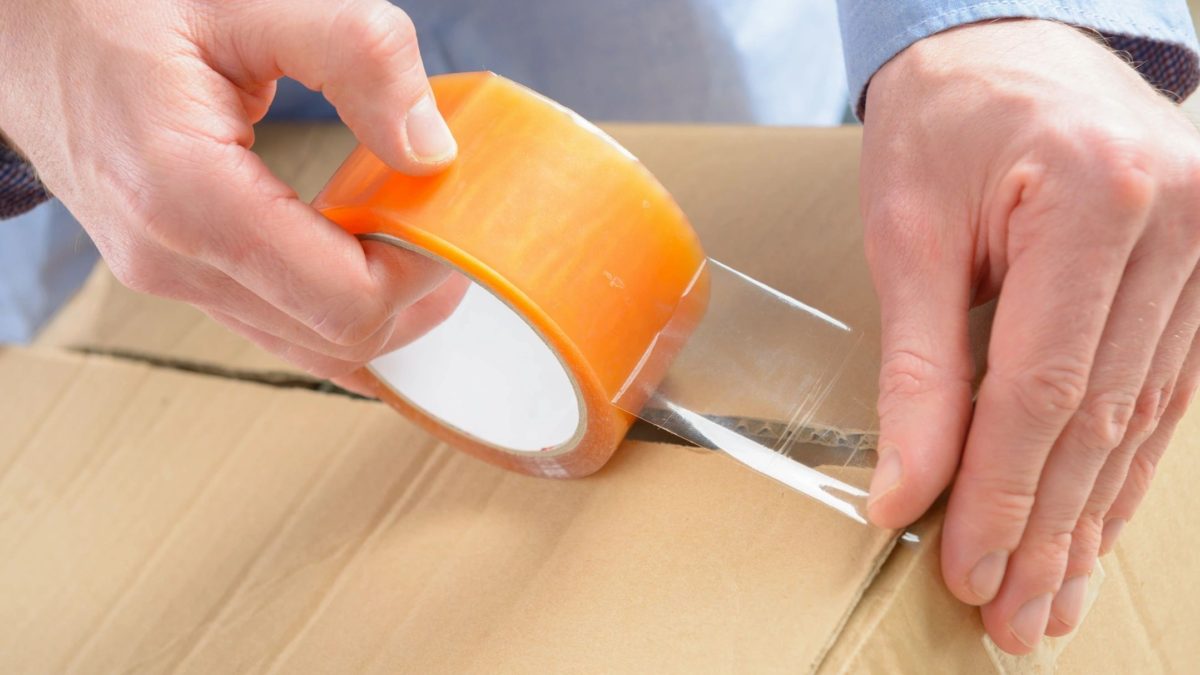After a loved one dies, there are a lot of things that you need to do within the first few weeks. From arranging a funeral to dealing with their bank account, it’s difficult to deal with it all while you’re grieving. But after that initial period is over, you can get a bit more time to breathe and process everything. In the next year or so, there can still be things that you need to do or want to do, but you can complete these tasks at a more leisurely pace. Some of them might be practical things that you need to get done, but other tasks are completely optional and could help you process your grief and memorialize your loved one. In the year following a death, these are some of the things that you might do.

Allow Yourself Time to Grieve
Finding your new normal after someone has passed away takes time. Most people say that you never really stop grieving, but you do learn to live with your grief. It can start to affect your daily life less as time goes on, even though you still miss them. You might try to push yourself to get on with things and stay busy to avoid confronting your feelings. While staying busy can help to an extent, it’s also important to allow yourself time to grieve and to feel the things that you feel. Grief can involve a lot of feelings, from anger and sadness to relief, regret, or even resentment.
Get Counselling
The support of friends and family is invaluable after you lose a loved one. However, it’s also worth considering whether you might benefit from professional counseling. It’s easy to think that because grief is something that many people experience, it’s not something that you need to see a counselor or therapist for. But even though grief is common, people experience it in different ways. Talking to someone about how you’re feeling can help you to make sense of everything and process your grief. It’s something that you can work on long-term, both in the year after your loved one has died and beyond.
Think About the Happy Memories
Although the initial period after someone has died can leave you feeling distraught, you can also start to remember the happy memories in time. How long this takes varies for everyone. Many people find themselves telling stories of their loved one at the funeral or memorial service, while others could find it takes longer before they’re ready to laugh and talk about the good times. When you’re thinking about the happy memories you had together, you might want to plan an event to get together with family and friends or maybe create a memory book with some of your favorite memories.
Decide What to Do with Their Ashes
If your loved one was cremated, you might not want to decide what to do with their ashes right away. They might have had a specific request, such as having their ashes scattered in a certain place, which you want to honor. However, if you don’t have any particular instructions to follow, you might want to spend some time thinking about what to do. You could simply keep them in an urn or box in your home, but there are also other ideas to consider. If you don’t want to scatter all of them, you can use some of them put into a pendant to wear or even turned into a gemstone.
Choose and Erect a Headstone
When you bury someone, you can’t erect a headstone right away. It’s important to wait for the earth to settle, which usually takes at least six to 12 months. Once enough time has passed, you will be able to order a headstone of your choice. There are many different styles and materials for you to consider, such as bronze cemetery headstones. You can have your say on the design and inscription, although you might need approval from the owner of the cemetery in some places. There’s no need to rush into deciding what you want, with plenty of time to discuss it with others or make sure you meet any requests that your loved one made.
Create a New Tradition to Remember Your Loved One
A new tradition could be a great way to remember the person that you loved, whether it’s something that you do alone or with other people. You might do something to recognize their birthday or do something that they enjoy on special occasions. You could meet up with family in one of their favorite places each year. There are many things that you could do if you want to start a new tradition that helps you to keep their memory close. Think of something that is connected to them but that you like the thought of too
Do Something to Memorialize Them
Another thing that you could consider doing is choosing a way to memorialize your loved one. This could include something like setting up a scholarship in their name for a cause or area of study that they were passionate about. Or it could mean planting a tree in their name or perhaps having an inscription or plaque put on a memorial bench. These kinds of things not only help you to remember them but also let others know that there are people who miss them and care about preserving their memory. It can also help you to express how a loved one conducted their life and their values.
Dealing with the Estate
When you think of dealing with someone’s estate, you might picture a formal reading of a will, like the ones you’ve seen in TV and movies. However, this rarely happens anymore. Instead, relevant people will receive a copy of the will. Who should get a copy will be decided either by the estate attorney or the executor. People who receive a copy will normally include beneficiaries and guardians of any minor children. Dealing with the estate is something that can happen over a longer period of time than you might think. It can take a while to sort everything out, especially if there is no will.
Sort Through Belongings
This may be an extension of dealing with someone’s estate but can feel more personal than handling the legal side of things. There comes a time when you will need to sort through the personal belongings of your loved one and decide what to do with everything. Although there might be some things that you or other people want to keep, keeping all of their things is probably not very practical. You can decide what you would like to keep to remember them by, what you could donate or sell, and what things other friends or family members might like to keep.

Keep Living Your Life
Losing a loved one can change your life forever, but it doesn’t have to stop you from living it. It’s still important to keep going and to find joy in how you live your life. While you might spend some time adjusting, make sure that you eventually get back to finding things that make you happy and getting on with your everyday life. Losing someone might even change your perspective on life, giving you the drive that you need to change things or have a different approach to how you do things.
The year after someone passes away can be a tough one, but you can also use the time to think about how to remember them and adjust to a new normal.
















